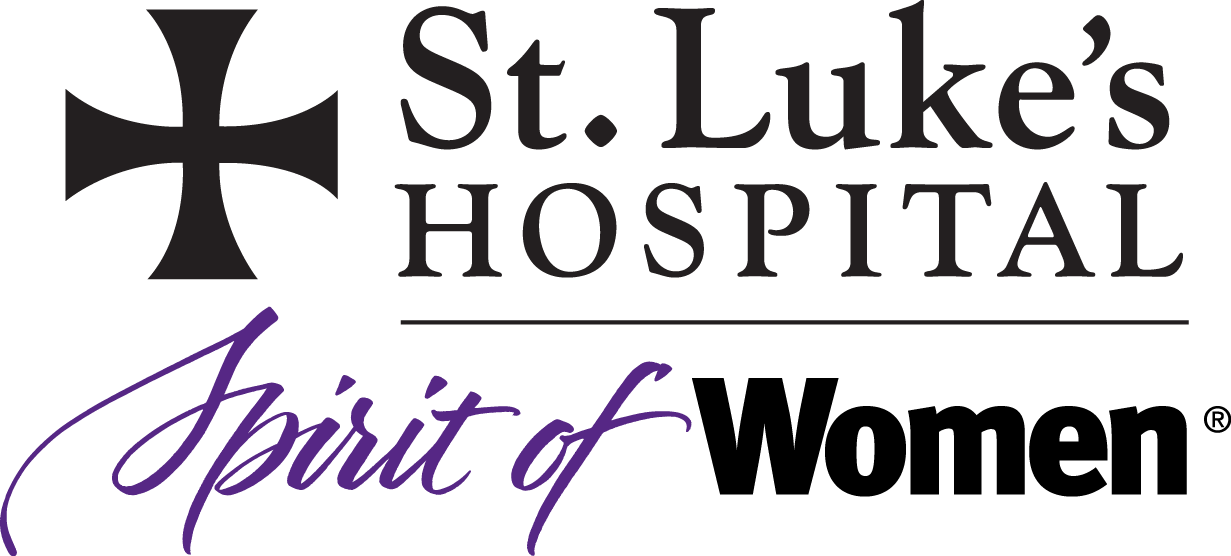Call us at: 314-205-6654
Borrowing Smart: 7 Tips For Making The Most Of Your Loans
Even if you’re a good saver, you may occasionally need to find a few extra George Washingtons to help finance the purchase of a reliable new car or a home renovation. To get the maximum payoff for your borrowed money, try these seven tips:
- Don’t overlook what you’ve got. You may be able to pocket extra cash just by renegotiating or refinancing your existing debt. Ask your credit card company if you qualify for a lower interest rate.
- Do your homework. Instead of sticking with your current credit card or opting to switch because of an offer that arrives in the mail, rely on research from an objective source like www.bankrate.com. Compare interest rates if you carry a balance, and consider annual fees and rewards if you don’t. In today’s e-world, there is less incentive to bank at the branch down the street. You can also research which banks nationwide will offer you the best auto loans or interest on your savings account.
- Don’t automatically borrow from the most convenient source. What you gain in convenience from using the store where you bought your new couch, you’ll lose in higher interest rates and fees, cautions Sally Herigstad, CPA, and author of “Help! I Can’t Pay My Bills: Surviving a Financial Crisis” (St. Martin’s Griffin, 2006).
- Check your credit report. Each of the major credit unions—TransUnion, Experian and Equifax—calculates credit scores based on your past purchases, payment history and even the number of times you apply for credit. The higher your score, the better terms you’ll get on loans.
- Do the math. You need to know how to run the numbers—how much you owe, how much you are paying in fees, what your interest rate costs you each month—before you can determine if your credit union’s offer is better than your local bank.
- Think ahead. The best time to start preparing is six months before you need the money. That’s enough time to fix errors on your credit report, pay down high balances and otherwise clean yourself up before you go face-to-face with the loan officer.
- Don’t think of credit cards as your only source of cash. If you are looking for a short-term loan, a home equity line of credit may be available at a lower interest rate. In addition, the interest and fees may be tax deductible.
Common loan terms
- APR—Annual percentage rate of the loan
- Collateral—asset that loan repayment is based on; the lender can seize the asset, such as a car, if you don’t repay the loan
- Interest—fee the lender charges for use of borrowed money
- Lock period–time period for which the lender guarantees the loan’s interest rate
- Principal—total amount of debt, not including interest
- Term–life of the loan
